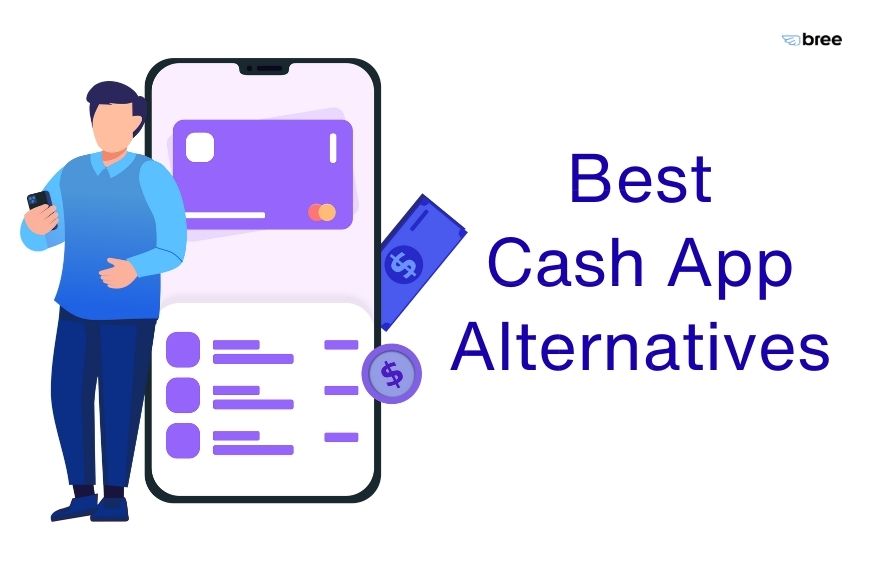No matter how low your credit score is, with time, patience and perseverance, you can rebuild your credit. Past financial setbacks or poor decisions can have a negative impact on our credit scores. While this can make it harder for us to qualify for loans, such as credit cards and mortgages, the good news is that with the right strategies, we can work towards rebuilding our credit. While there are many ways that credit can be harmed, we'll be discussing five practical strategies that you can use to rebuild your credit.

1. Adopt good financial habits
Paying your credit on time is the most important contributor to your credit score. Because late payment history can stay on your credit report for up to seven years, it's imperative that you pay your bills on time.
Developing good financial habits is fundamental to understanding the expenses, including bills, that you'll need to pay. By learning the basics of personal finance and adopting smarter spending habits, you can gain a better understanding of your income and expenses.
The best way to start understanding your personal financial situation is by making a budget and sticking to it.
A budget is essentially a plan you make to keep track of every dollar that you earn. By keeping track of each dollar you earn as well as your expected expenses, you'll be able to determine in advance if you have enough money to pay all of your expenses, or if you'll need to make some adjustments. We recommend using the 50/30/20 method to create your budget. However, the takeaway here is that regardless of what kind of budget you use, you need to get started and stick to it.
Earning more money, especially when you have a hectic schedule already, is hard to do. Living frugally, especially when money is tight, is another fantastic way to streamline your expenses. Frugality doesn't have to mean pinching pennies. However, it does imply that you should live within your means, spending mostly on things that are necessities. Do you really need to buy that brand new luxury car, or should you spend some time browsing for a great pre-owned sal
By adopting a responsible approach to managing your personal finances, you will start building a solid foundation to grow upon.
2. Make a plan for your debt
The more money you owe to creditors, the larger the drag is on your credit score. Oftentimes, the quickest way to boost your credit score is by paying down a sizable chunk of your outstanding debts. Therefore, having an action plan to deal with your debt is a vital step towards rebuilding your credit.
The first step to managing your debt is to paint a clear picture of all of your debts outstanding. While intimidating, you need to understand the total amount of the credit cards, mortgages, student loans, lines of credit, payday loans and any other credit that you owe. This way, you'll be able to start taking steps towards paying them down. This can be as simple as creating a list in a notebook, note taking app or a spreadsheet.
In addition to the amounts, write down the details of each credit item. What is the interest rate, monthly minimum payment, and due date? Knowing these numbers will help inform you what your repayment schedule will look like.
Once you understand the big picture of your finances, you can start the process of paying down your debt. There are two popular strategies when it comes to paying down your debt; the Debt Avalanche and the Debt Snowball. The Debt Avalanche focuses on paying down the largest amounts first while the Debt Snowball instructs you to pay the smallest amount first. Both strategies also necessitate shelling out the minimum payment of each of the other debts to remain in good standing.
Both strategies can work, and choosing one is a personal decision, based on the implications that the strategies will have on the rest of your financial plan. The important thing to note here is that getting to know the big picture about your debts and forming a plan to manage your repayment will let you make huge strides towards rebuilding your credit.
3. Get a secured credit card
Credit cards are usually the fastest way to build up credit. Here's the catch: Getting a credit card requires you to have good existing credit. There is a way around this, though. Getting a secured credit card can be a fantastic way to rebuild credit after a setback, or even if you're looking to build credit from scratch, as they are available for customers with bad or short credit histories.
How do they work? Well, your secured card is backed by a cash security deposit that you have pre-paid when you open your account. This security deposit usually equals your credit limit. So, if you've put down a $500 deposit, your credit limit will be $500. The purpose for this deposit is that in the case that the borrower doesn't pay the bill, the issuer can retain the deposit. Of course, when your credit score improves to the point where you can qualify for a regular "unsecured" credit card, you'll get the deposit back.
Similar to a regular "unsecured" card, as you spend on your secured card, the card issuer reports your spending activity to the credit bureaus. Over time, you'll be able to start to build up your credit, as you spend more, keep your balance low, and pay on time.
4. Try to keep most of your credit limit available
Credit utilization is the term used to describe how much of your credit limit is currently being used. It's calculated by taking the total outstanding balance of all your credit cards divided by the sum total of all of your cards' credit limits. Your credit utilization is an important factor in determining your credit score. The lower it is, the better your credit score will be.
Most experts recommend keeping your credit utilization at 30% or lower. Once you're in a position to start paying down your credit card, you should aim to spend no higher than 30%, by paying down your bill in advance.
If you find it difficult to keep your utilization low, you can contact your credit card issuer and see if they can increase your credit limit. Another option is to have a friend or family member add you as an authorized user on an already established account showing good credit history, and ideally a high credit limit and low credit utilization. Another tactic is to get into the habit of paying your bills twice a month. By not letting your credit balance built up by paying down your card more frequently, you'll be able to achieve a lower utilization on your credit, not to mention being able to prevent late payments from falling through the cracks.
Ultimately, regardless of which tactics you use, the key is to keep your credit utilization low as this can be a highly effective strategy to boost your credit over time.
5. Use a different type of credit
Your credit mix, or the makeup of the amounts and types of credit that you are using, plays a role in determining, or improving your credit score. In fact, your credit mix can determine up to 10% of your score. Generally, there are two types of credit: installment, and revolving.
Revolving credit includes credit that doesn't have a specific due date, or a fixed balance. The most common type of revolving credit are credit cards, while a line of credit secured against your house is another type. Usually, instead of having a fixed repayment date, a minimum payment is due each month.
Installment credit works in a different way, having a fixed repayment date and a series of payments that are due periodically. Examples of installment loans include personal loans, car loans, student loans and mortgages.
The bottom line is that while your credit history, paying your bills on time and keeping your credit utilization low are the most crucial factors driving your credit score, maintaining a healthy mix of credit, including both revolving and installment, can help to boost your credit score.

Join our newsletter to get the latest updates






